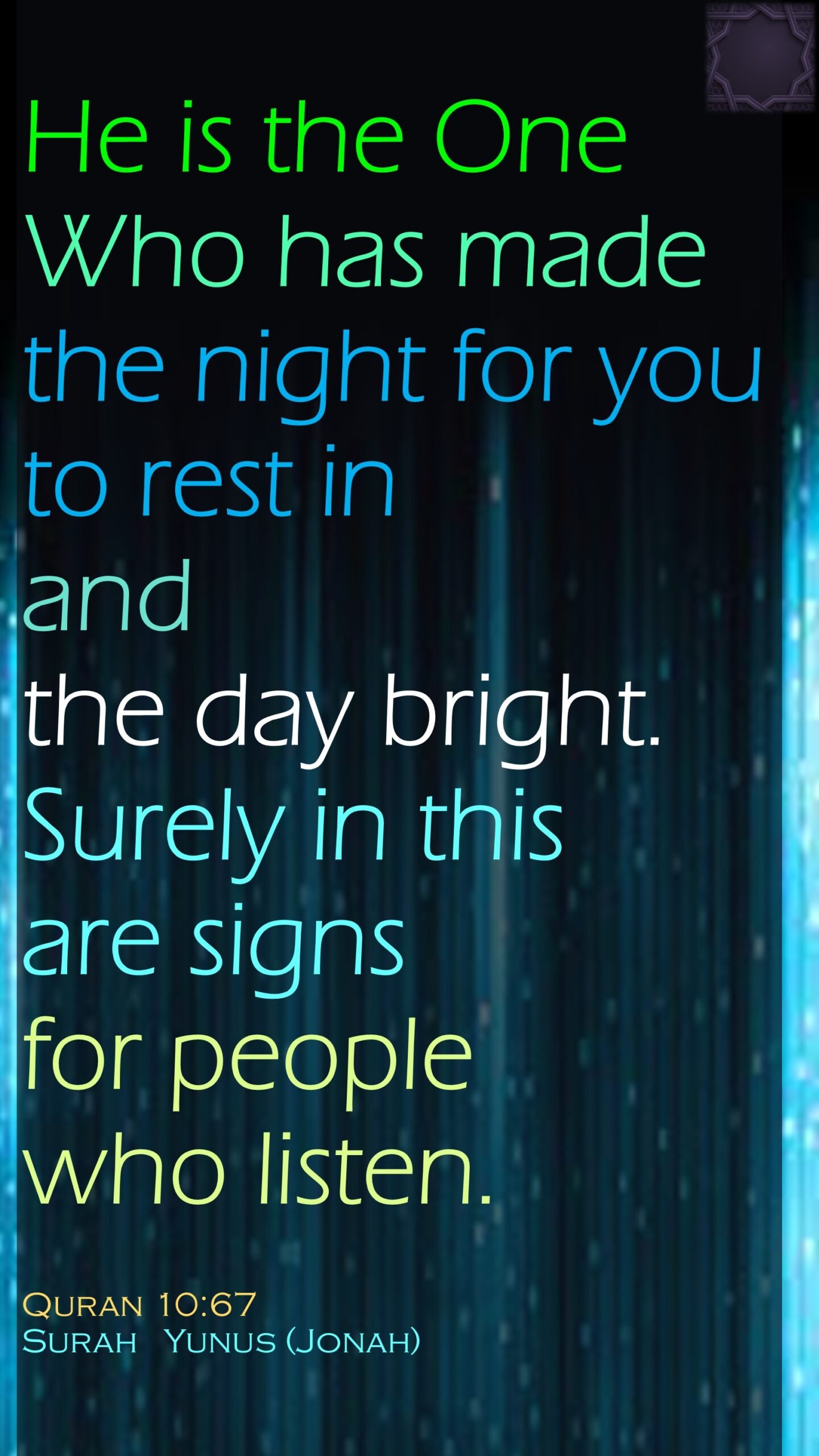1
Sep, 2025
Hadees: Muslim 804A
Hadees, Islam 002, 003, 1874, 804A, Al-Baqarah, al-Imran, Allah, Baqarah, Blessing, bright, daily, day, flock of birds, grief, hadees, hadith, inspirations, intercessor, islam, islamic, Magic, Muhammad, Muslim, plead, quran, ressurection, shade, Surah
24
Jul, 2024
Quran 80:33~42
Islam, Quran 080, 3, 33, 34, 35, 36, 37, 38, 39, 40, 41, 42, Abasa, Allah, ayat, believe, blast, bright, children, concern, daily, deafening, disbelieve, dusty, everyone, faces, father, flee, gloom, he frowned, inspirations, islam, islamic, Judgement Day, laugh, mother, Muhammad, parents, quran, rejoice, self, siblings, sinner, spouse, Surah, trumpet
12
Dec, 2022
Quran 75:20~25
Islam, Quran Allah, ayat, befall, bright, Chapter 75, devastate, faces, gloomy, hereafter, inspirations, islam, islamic, Lord, love, neglect, quran, see, Surah, verses 20 to 25, World
17
Nov, 2022





